Christianity: A Cause of Modern Science
Christianity: A Cause of Modern Science
Christianity: A Cause of Modern Science
- No tags were found...
You also want an ePaper? Increase the reach of your titles
YUMPU automatically turns print PDFs into web optimized ePapers that Google loves.
10In short, both belief in eternal time cycles and in nature as one huge organismencourage the passivity that opposes the mentally active, investigating spirit <strong>of</strong>science, such as shown by Aristotle and Leonardo da Vinci (1452-1519)dissecting carcasses, instead <strong>of</strong> just meditating and contemplating passivelydeep within a forest about Nature.CHINESE CONCEPTIONS OF THE LAWS OF NATUREThe Chinese believed nature both was orderly and had an actual existence(when not influenced by the rather pervasive, Hindu-derived Buddhist ideas <strong>of</strong>maya, the belief all is illusion). However, they lacked the concept <strong>of</strong> natural law,as ordained by a personal God, which assured nature was rationallyunderstandable to mankind's mind:It was not that there was no order in Nature for the Chinese, but rather that itwas not an order ordained by a rational personal being, and hence there was noconviction that rational personal beings would be able to spell out in their lesserearthly languages the divine code <strong>of</strong> laws which he had decreed aforetime.For a man who was a Marxist (and, admittedly, simultaneously, a very liberalProtestant), this must have been a very hard concession to make, as Jakiobserved, for it points to an ideological cause for why modern science did notappear in China, not an economic or political cause. In contrast, the view <strong>of</strong> how<strong>Christianity</strong>'s concept <strong>of</strong> the rationality <strong>of</strong> God was tied to the rise <strong>of</strong> science inthe West is best stated by the English philosopher Alfred North Whitehead(1861-1947):I do not think, however, that I have even yet brought out the greatestcontribution <strong>of</strong> medievalism to the formation <strong>of</strong> the scientific movement. I meanthe inexpungable belief that every detailed occurrence can be correlated with itsantecedents in a perfectly definite manner, exemplifying general principles. . . .When we compare this tone <strong>of</strong> thought in Europe with the attitude <strong>of</strong> othercivilizations when left to themselves, there seems but one source for its origin. Itmust come from the medieval insistence on the rationality <strong>of</strong> God, conceived aswith the personal energy <strong>of</strong> Jehovah and with the rationality <strong>of</strong> a Greek




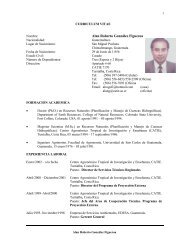
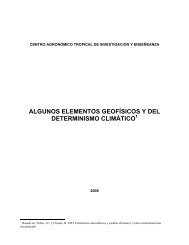
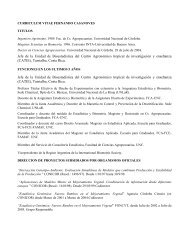
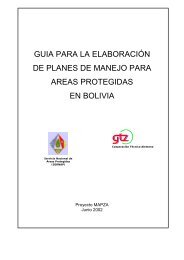
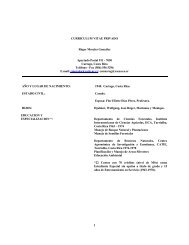
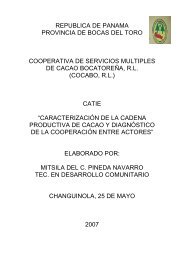
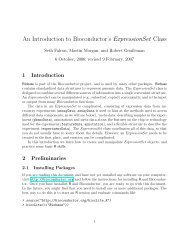
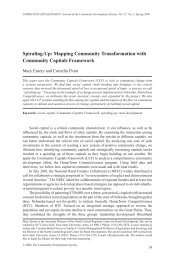

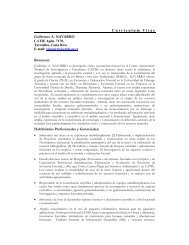

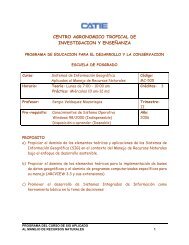
![Tratamientos y MD_2009 [Modo de compatibilidad].pdf - Catie](https://img.yumpu.com/49175499/1/190x134/tratamientos-y-md-2009-modo-de-compatibilidadpdf-catie.jpg?quality=85)